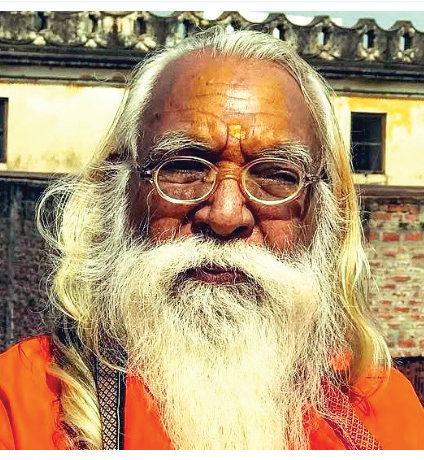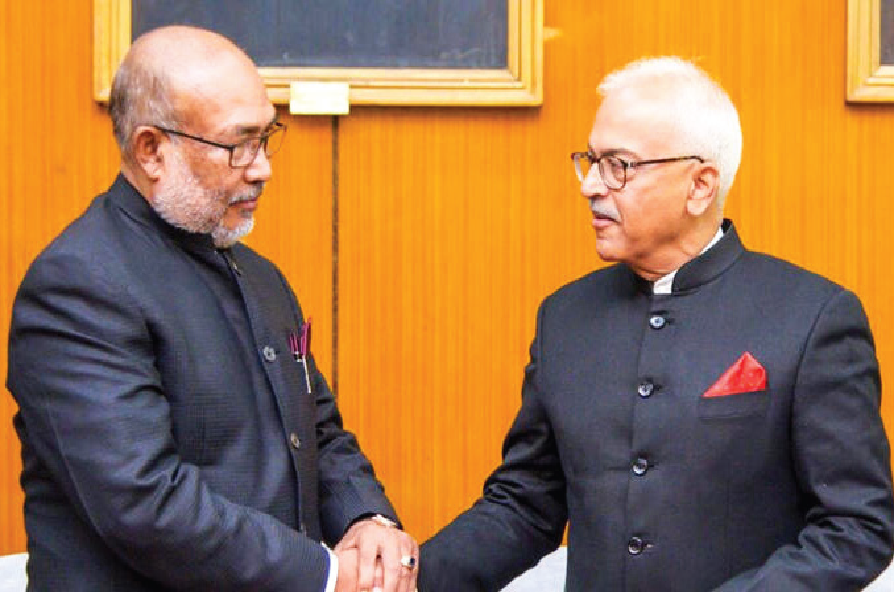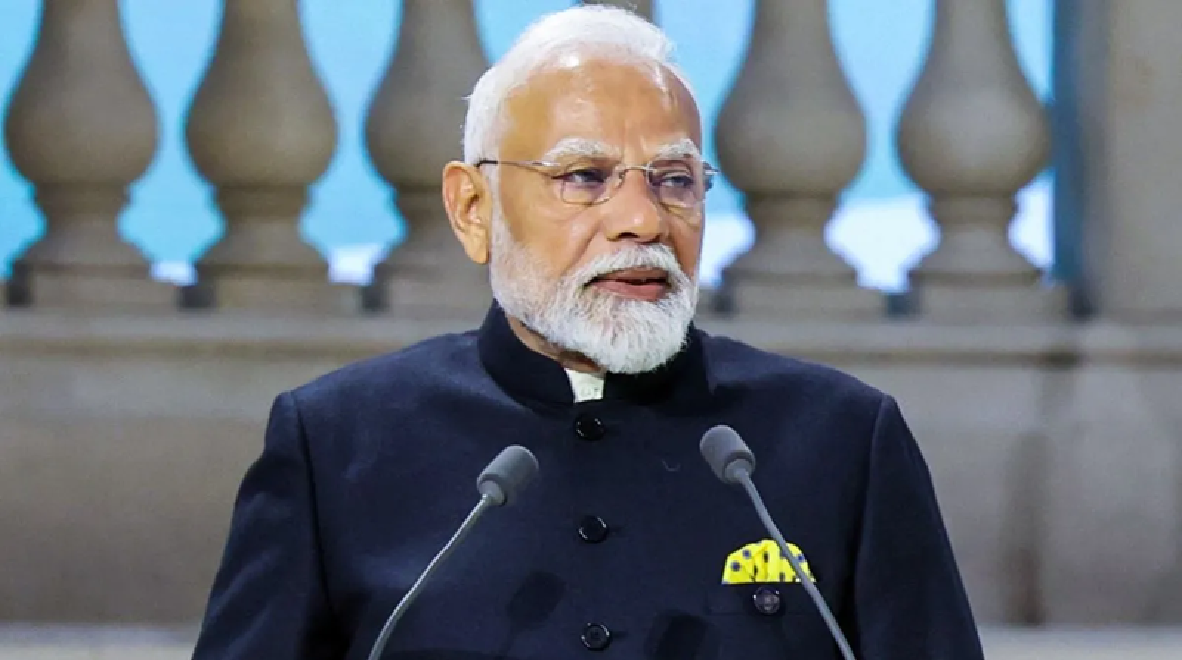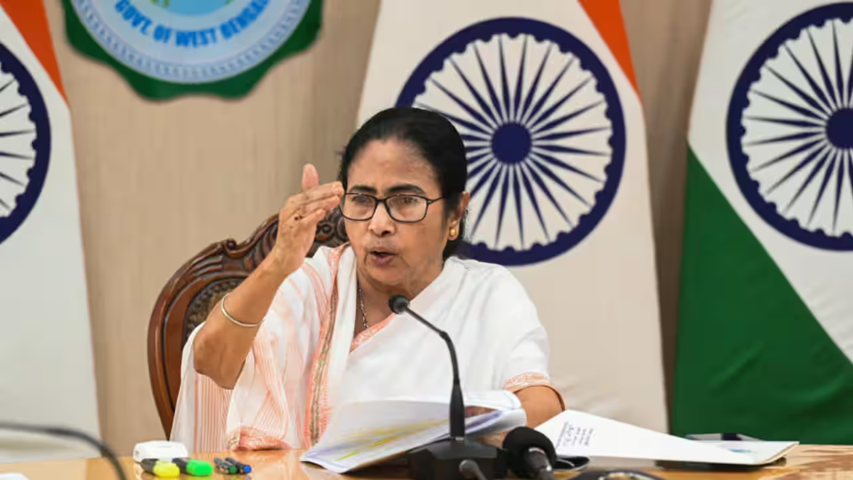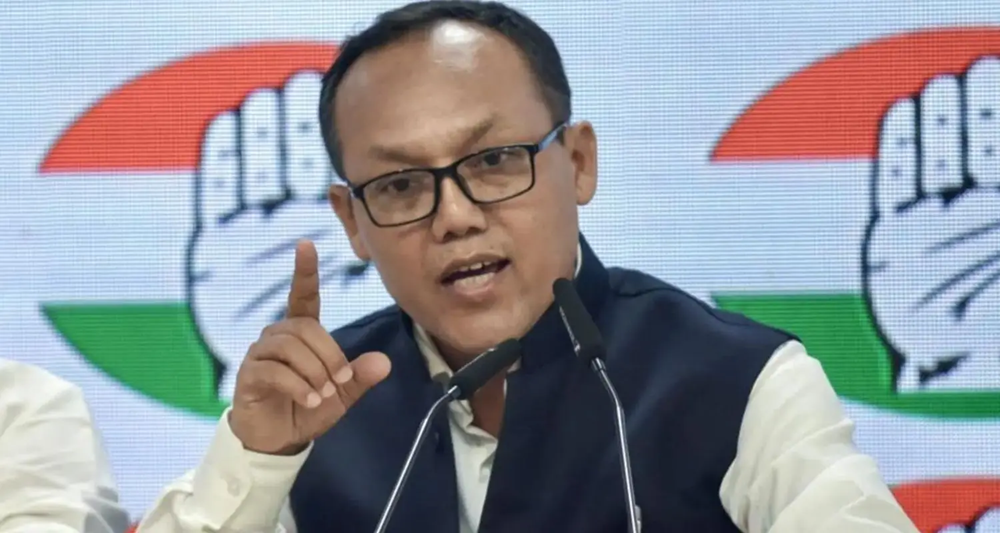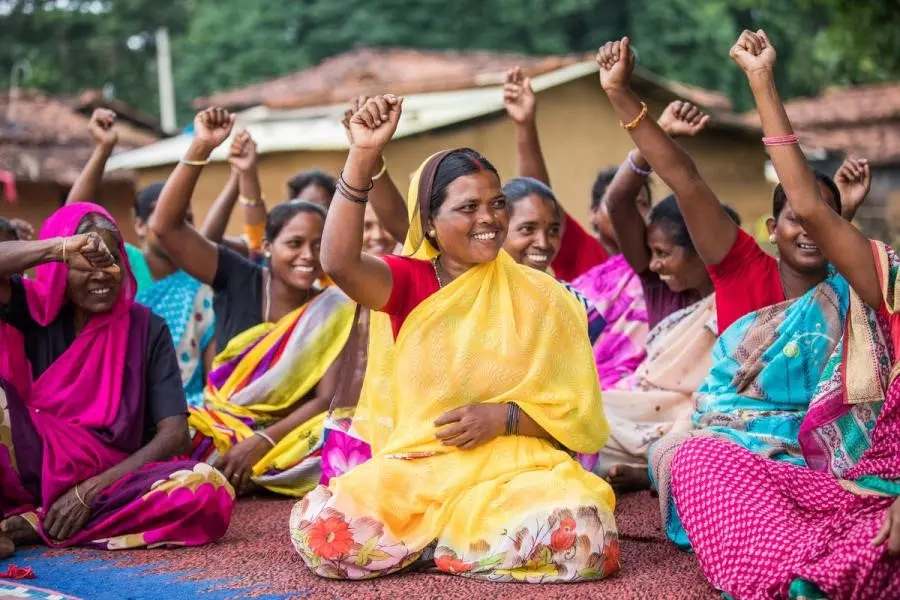
India advancing in gender equality; social norms, safety issues remain barriers: UN officials
PTI New Delhi: India’s progress towards gender equality has accelerated in recent years, with increased investments and focus on women’s leadership at the grassroots but social norms, limited workforce participation and gaps in safety measures hinder full gender parity, UN Women officials said. In an interview, Daniel Seymour, UN Women’s Director of Strategic Partnerships and Susan Jane Ferguson, Country Representative for UN Women in India, shared insights on the country’s strides and the challenges that remain.
The conversation highlighted India’s increased investments in women’s empowerment and genderresponsive policies, yet stressed that deep-rooted social norms and limited financing continue to hamper full progress. “India’s progress is significant, but closing the remaining gaps requires targeted efforts across both public and private sectors,” Ferguson said. India has seen substantial growth in recent years, especially in gender-responsive budgeting, which has increased to 6.8 per cent, according to the Gender Budget Statement (GBS), Union Budget of India 2024-25. “This increase in public investment is crucial to transforming women’s lives, especially when directed toward specific needs of women and girls,” Ferguson said, emphasising that continued expansion of this budget is essential to close remaining gaps in areas such as health, education, and economic opportunities.
Despite an increase in public investment, Ferguson noted that private sector investment remains essential to reach these goals fully. “We are actively collaborating with Indian businesses to enhance investments for women’s empowerment initiatives,” she added, highlighting the role of private sector support in boosting access to finance for women-owned businesses. She said progress has also been notable in women’s grassroots leadership, where women are increasingly represented in panchayats and local government bodies. Ferguson pointed out that some states have achieved gender parity at these levels, while the passage of the 33 per cent reservation for women in Parliament is expected to have a transformative impact on India’s national political landscape. “India’s strong participation in grassroots politics is a global best practice, yet continued efforts at the national level, including enforcing the new reservation, are needed to ensure more robust female representation at the national level,” Ferguson remarked.
However, both officials highlighted that genderbased violence (GBV) remains a persistent issue in India, one that impedes women’s safety and freedom. Despite India’s robust legal framework, Seymour noted, enforcement and cultural norms hinder effective implementation. “While the laws are in place, we continue to see social norms that enable violence and harassment not just in India but globally,” he stated. Ferguson pointed out that UN Women is collaborating with state governments, such as in Madhya Pradesh, to train police and introduce community policing efforts focused on women’s safety. The government has many essential schemes such as women-led police stations and “pink police stations” specifically for women; helplines and ‘One Stop Centres’. UN Women India office facilitates strengthening this support. A significant area of UN Women’s work in India involves addressing systemic barriers to women’s labour force participation. Although the Female Labour Force Participation rate has risen to around 37 per cent in India, as per the Ministry of Statistics and Programme Implementation’s Periodic Labour Force Survey 2022-23, challenges remain.
“With the right investments in childcare, safe transport, and workplace protections, women can access greater economic opportunities,” Ferguson said. In Tamil Nadu, for instance, UN Women has been working to create safer workspaces in the garment industry, partnering ith the government, businesses, unions, civil society organisations and communities to address workplace harassment.
 English daily published in Bengaluru & Doha
English daily published in Bengaluru & Doha


